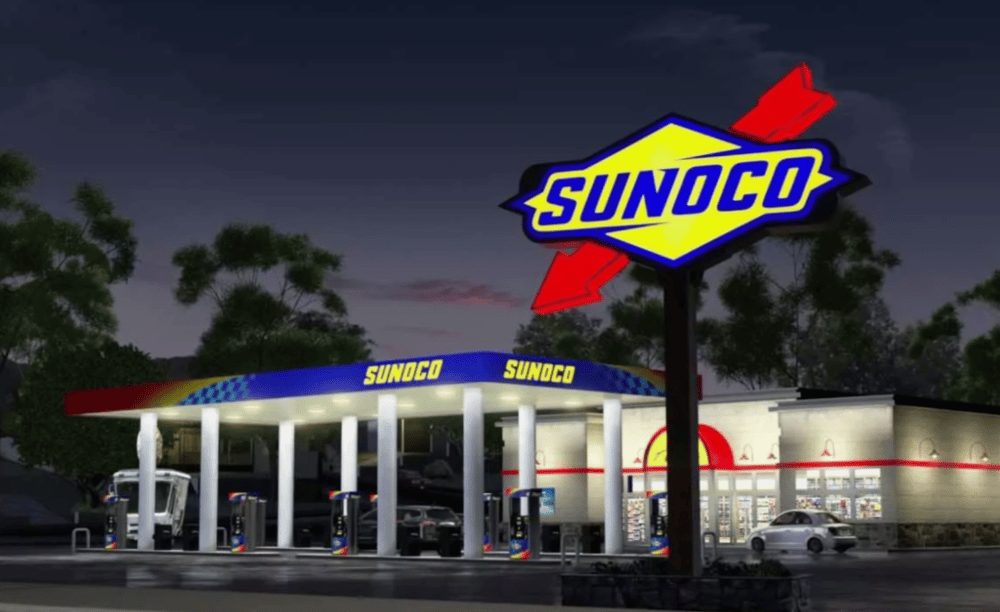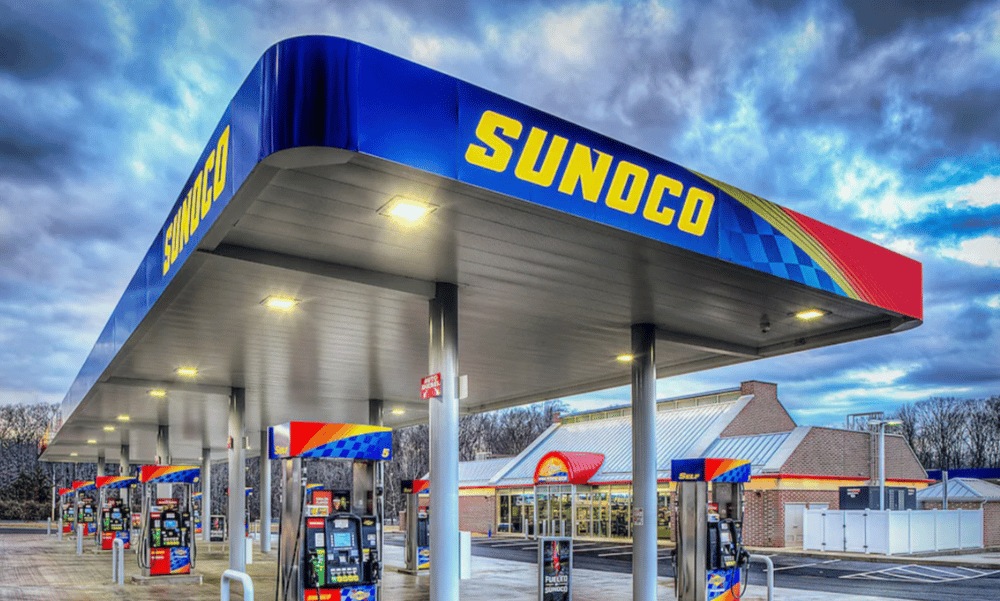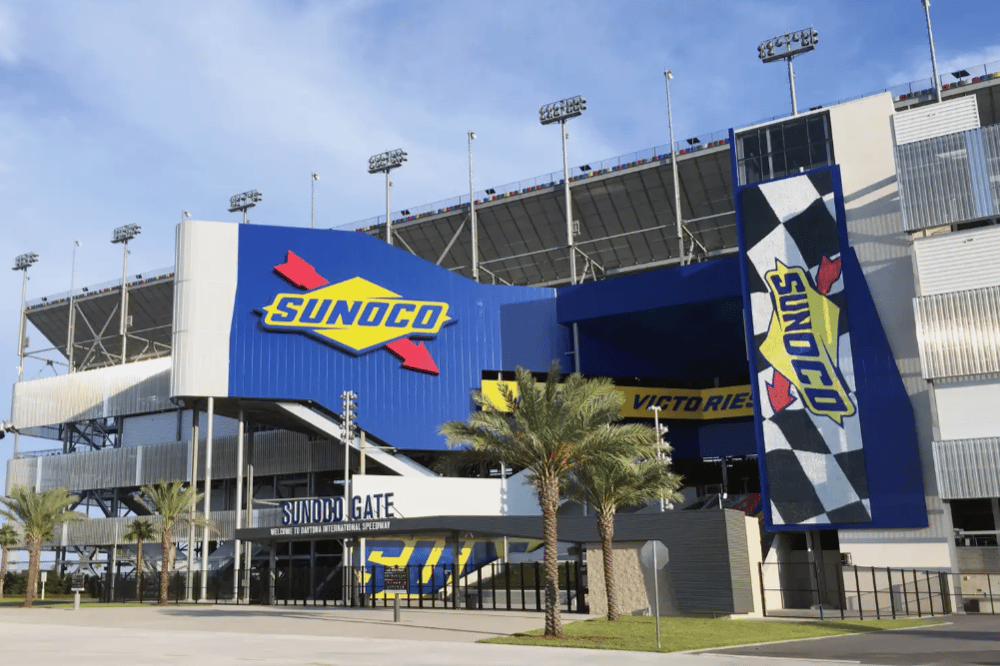

In a bold move to strengthen its foothold across the Western Hemisphere, Sunoco LP $SUN announced plans to acquire Canada’s Parkland Corporation $PKI.TO in a transaction valued at approximately $9.1 billion, including debt. The agreement, revealed on Monday, will create the largest independent fuel distributor across North and South America — a significant reshaping of the competitive landscape in downstream energy distribution.
The deal comes on the heels of a strategic review initiated by Parkland in March, largely prompted by mounting pressure from its largest shareholder, Simpson Oil, which holds nearly a 20% stake in the Canadian company. The move also garnered the backing of activist investor Engine Capital, intensifying momentum toward structural change.
Under the agreement terms, Parkland shareholders will receive CAD 19.80 in cash and 0.295 Sunoco units for each share they own. The offer implies a significant premium and immediate value realization while integrating Parkland’s extensive retail and commercial fuel operations into Sunoco’s already expansive U.S. network.
This acquisition signifies a major step forward for Sunoco’s ambitions to evolve from a U.S.-focused operator into a transcontinental leader in fuel logistics and distribution. Parkland’s asset base includes retail fuel stations, commercial delivery networks, and refining capabilities across Canada, the U.S., and the Caribbean, which aligns with Sunoco’s existing wholesale and retail supply infrastructure.
The deal is expected to drive economies of scale, increase geographic diversity, and enhance operational efficiency, particularly in regions where Parkland has significant market presence. In addition, cross-border integration allows Sunoco to navigate supply chain volatility with greater resilience and optimize purchasing power amid fluctuating global fuel prices.

Expanded geographic footprint from North America into the Caribbean and South America.
Enhanced supply chain flexibility via integrated sourcing and logistics.
Complementary retail and wholesale networks with opportunities for operational synergies.
Increased market share in key metropolitan and remote regions.
Strengthened earnings visibility through diversification and cross-border exposure.
The acquisition also highlights the growing role of shareholder activism in reshaping corporate strategies within the energy sector. The push from Simpson Oil, Parkland’s long-time investor, and activist investor Engine Capital culminated in a broader reassessment of capital allocation, shareholder value, and long-term positioning.
Sunoco’s move, while strategic, did face some market skepticism. Shares of Sunoco fell by 1% in after-hours trading following the announcement — a common reaction in large, debt-inclusive acquisitions due to concerns over integration risks and financing structures. However, the inclusion of equity consideration in the offer and the immediate cash component may mitigate potential dilution fears among shareholders.

Regulatory approvals in both Canada and the United States, particularly in the energy and competition sectors.
Integration risks related to combining operational systems and corporate cultures.
Debt servicing capability post-acquisition amid volatile fuel pricing and interest rates.
Synergy realization timeline, with cost and revenue synergies expected to phase in over multiple quarters.
Reactions from activist stakeholders, especially Simpson Oil, whose stance post-deal announcement remains closely watched.
The acquisition of Parkland marks a transformative milestone for Sunoco and for the broader fuel distribution industry in the Americas. It consolidates two major players into a singular force with robust infrastructure, far-reaching logistics, and diversified market exposure. While execution risks remain, the strategic rationale is clear: scale, reach, and competitive resilience in an increasingly complex energy distribution environment.
The deal is also a testament to the growing role of shareholder engagement and activist influence in steering large-cap companies toward consolidation or transformation in capital-intensive sectors. If executed successfully, the merger could establish a new benchmark for cross-border integration in downstream energy markets.